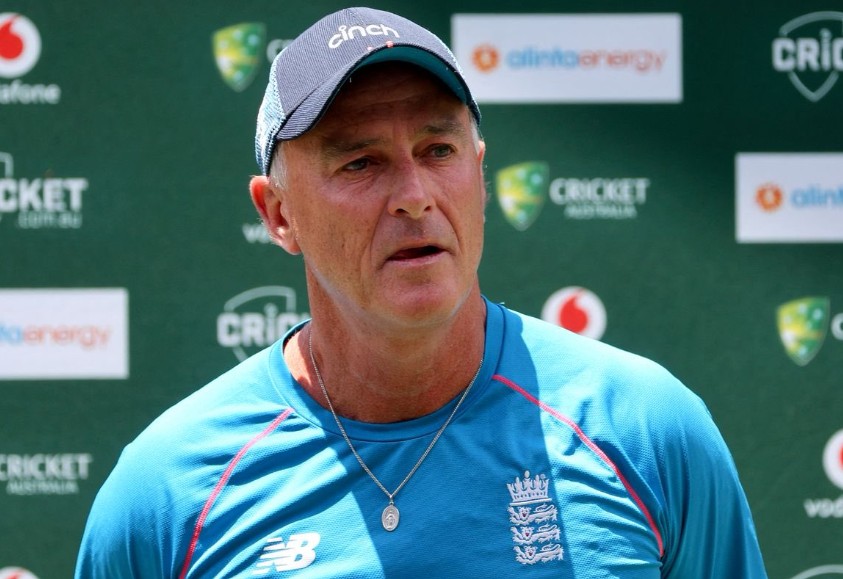The widow of former England cricketer Graham Thorpe has said her husband’s death could have been avoided if justice heads had offered better support.
Thorpe, a famed batsman for England, tragically took his own life in August 2024 at the age of 55. Amanda Thorpe claims that his redundancy as England’s adjunct trainer two and a half times before played a major part in his decline.
At the inquest into his death, coroner Jonathan Stevens said the termination of Thorpe’s contract “had a devastating effect on him” because he “had lost his cricket family”.
Thorpe had been sacked after filming a video mocking police officers who were breaking up a gathering of players and coaches drinking at a hotel during the 2021-22 Ashes tour in Australia amid COVID-19 restrictions.
Speaking on talkSPORT’s Head Before Wicket podcast, Amanda revealed how hurt her husband was by the abrupt cut-off from England cricket.
“Graham was really teetering on the edge on that tour and was absolutely gutted by what happened,” she said. “He went round on the flight back and apologised personally to every person on that tour.
Afterwards, if he’d had just a little bit of the support framework there to lean on to transition, it would have made all the difference. He’d still be alive.”
Sacking’s Effect on Mental Health
Thorpe had been undergoing mental health treatment for 18 months before the Ashes tour. After his dismissal, the ECB provided just ten online counselling sessions.
His counsellor later recommended in-person residential care, but this never materialised. In May 2022, Thorpe attempted to take his own life, requiring two weeks in intensive care.
Amanda described the ECB’s response as “woeful”. “As he went through these sessions, it was clear that he wasn’t coping. He was getting worse. We really did ask for help. I knew he needed more than that, and it wasn’t forthcoming,” she said.
Although Thorpe was later offered a potential scouting role by England cricket in 2022, Amanda said it was too little, too late. “After the crisis, he was very ill. He nearly lost his life.
He had a stroke. We don’t know how that affected his brain after that. The ECB might say, Well, we didn’t know how ill he was. Although the doctors he was under did know.
They then said, ‘Oh, but there’s confidentiality. ’ There’s got to be some connection between the ECB and the doctors.”
Cricket Mental Health Support
In response, the England and Wales Cricket Board described Thorpe as “a deeply admired and much-loved person.”
They added: “His loss has been felt deeply across the cricketing community and far beyond, and our thoughts and heartfelt sympathies remain with his wife Amanda, his children, and all those who loved him.
Graham’s passing is a heartbreaking reminder of the challenges many face with mental health. We have met with Amanda to discuss her concerns and have been in regular contact with her and the wider family.”
Thorpe’s death has boosted discussion around internal health in justice and the support handed to guiding staff and players.
Experts say the case highlights the need for stronger England justice internal health support and better fabrics from the ECB to cover the well-being of staff and players, likewise.






